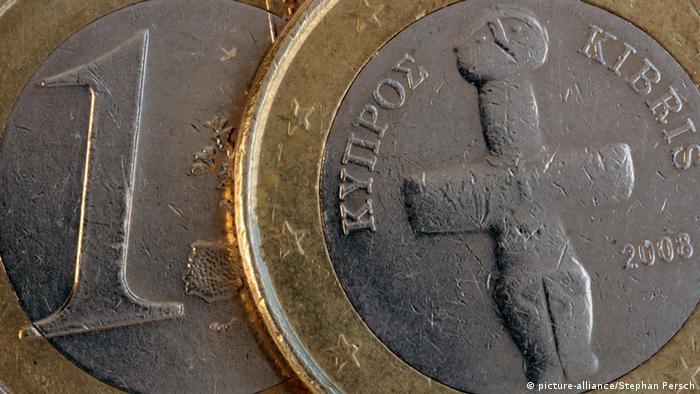Eurozone lenders have reportedly agreed to give Cyprus a rescue package worth at least 10 billion euros ($13.08 billion). Cyprus is the fourth country to receive a sovereign bailout.
Foreign lenders reached the deal early Saturday morning following over 10 hours of negotiations, according to an official speaking on the condition of anonymity.
"The assistance is warranted to safeguard financial stability in Cyprus and the eurozone as a whole," Eurogroup President Jeroen Dijsselbloem told reporters after the meeting early Saturday. Cyprus' GDP makes up less than 0.2 percent of the eurozone's overall output.
In exchange for the rescue fund, Cyprus agreed to levy a one time tax of 9.9 percent on deposits of over 100,000 euros held in the country's banks. Interest on bank deposits will also be taxed.
Although International Monetary Fund (IMF) Chief Christine Lagarde had attended the meeting and supported the plan, it was unclear whether the IMF would act as a creditor to Cyprus.
Lagarde told reporters in Brussels that she would make "a recommendation to the board that the IMF participate in the financing of this program," according to the news agency dpa.
The bailout fund gives Cyprus less than it had originally requested. In mid-2012, the eurozone country asked for international aid of at least 17.5 billion euros ($22.3 billion), the majority of which would go towards rescuing its ailing banks, which were affected by the sovereign debt restructuring in neighboring Greece last year. However, because the loan would have amounted to nearly the size of Cyprus' entire economy, creditors lowered the number to a more manageable amount of debt.
A fresh round of talks began earlier this month after presidential elections had stalled the negotiation process. The government in Nicosia had been pressing for a solution after announcing that its financial resources would run out in May.
Cypriot Finance Minister Michael Sarris is scheduled to travel to Moscow on Monday to renegotiate the terms of a 2.5-billion-euro loan from Russia, which he would like to push back five years to 2021.
kms/lw (AFP, AP, Reuters, dpa) dw de

No comments:
Post a Comment